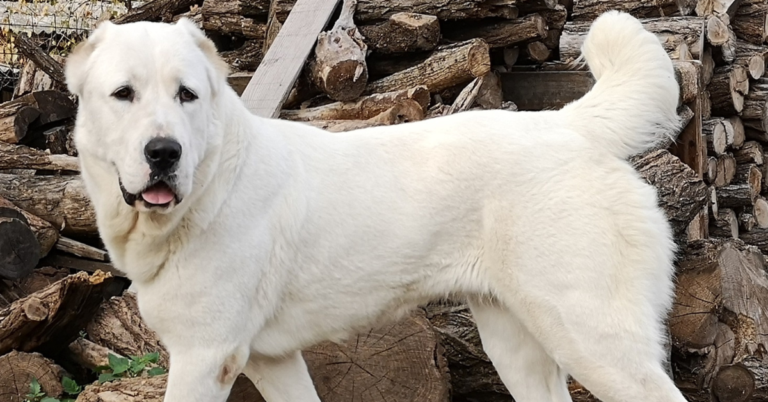15 Dog Breeds That Used to Be Popular But Are Now Rare
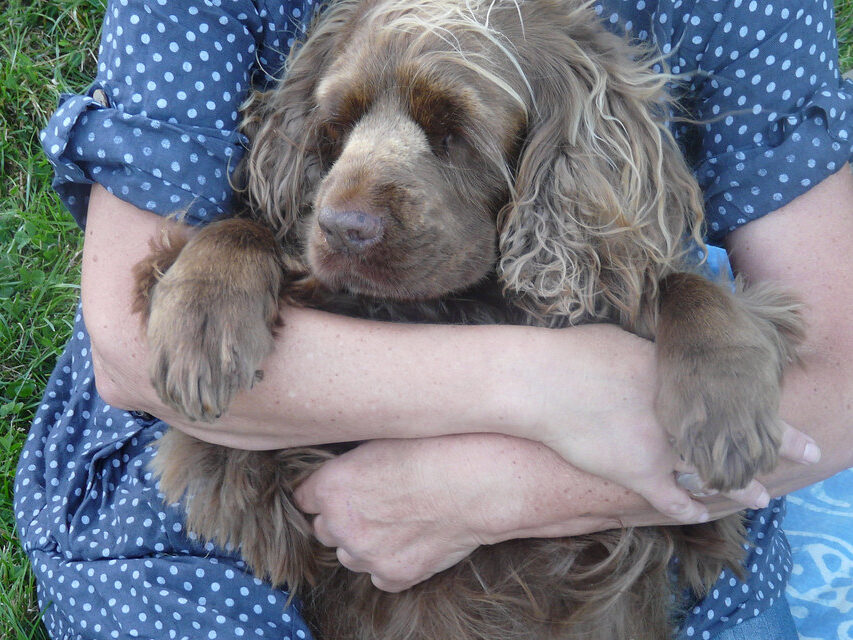
Dogs go in and out of fashion just like trends in clothing or music. Some breeds that were once beloved and easy to find are now rare, either because their original purpose faded away or new breeds took their place. Here are 15 dog breeds that used to be popular but are now hard to come by.
Otterhound – The Water-Loving Detective
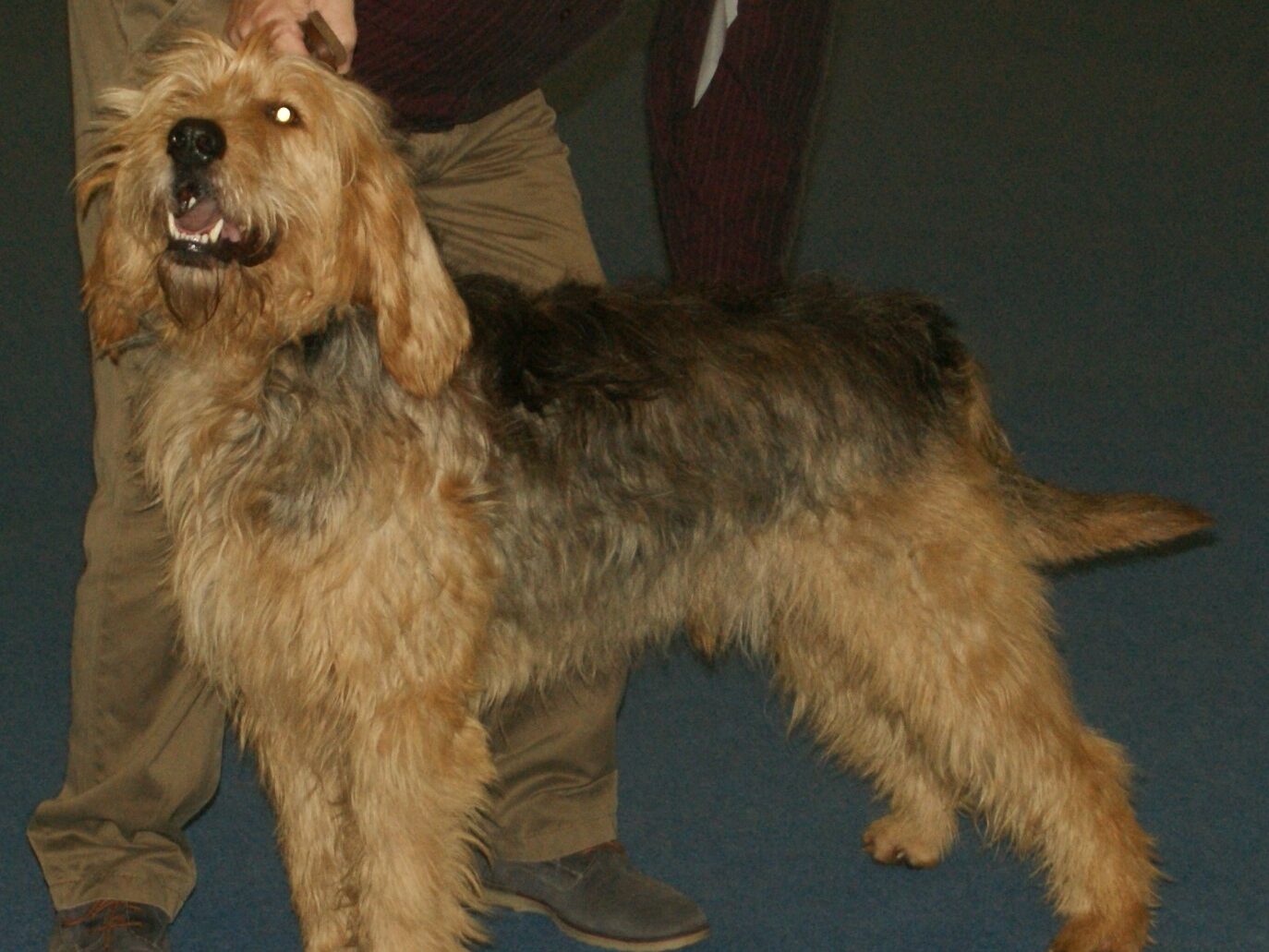
Imagine a dog built like a detective—keen nose, webbed feet, and a waterproof coat. That’s the Otterhound! Once used in England to track otters (before the practice was banned), these large, shaggy dogs were unstoppable in the water. However, their massive size and energetic nature don’t fit modern pet trends, making them one of the rarest breeds today.
Skye Terrier – Queen Victoria’s Favorite, Now Forgotten
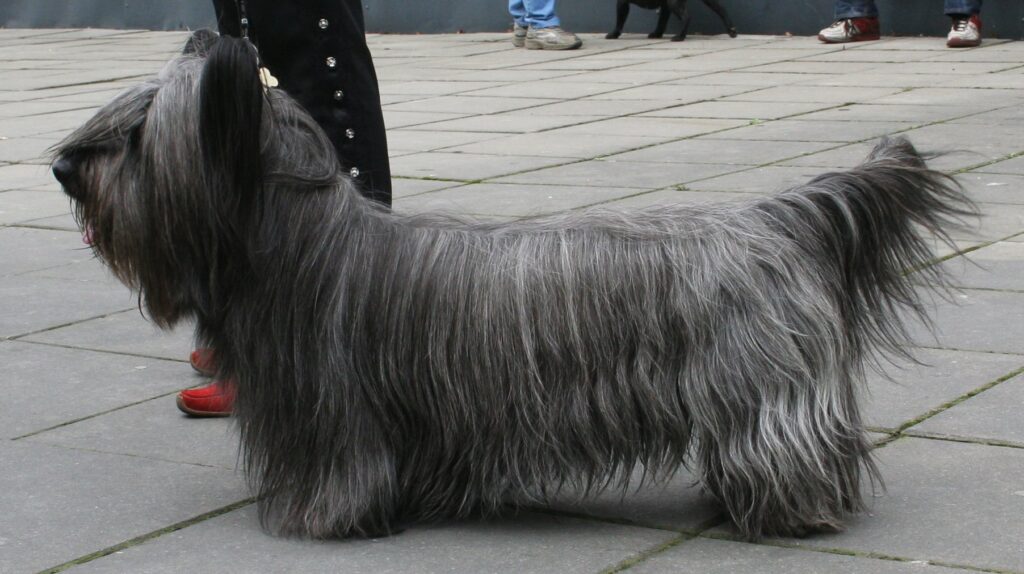
Back in the 1800s, the Skye Terrier was a celebrity favorite, even owned by Queen Victoria. With its long, flowing coat and sharp hunting skills, this breed had everything—beauty and brains. But times changed, and people shifted to smaller, lower-maintenance terriers. Now, Skye Terriers are so rare that they’re at risk of disappearing entirely.
Dandie Dinmont Terrier – The Only Dog Named After a Fictional Character
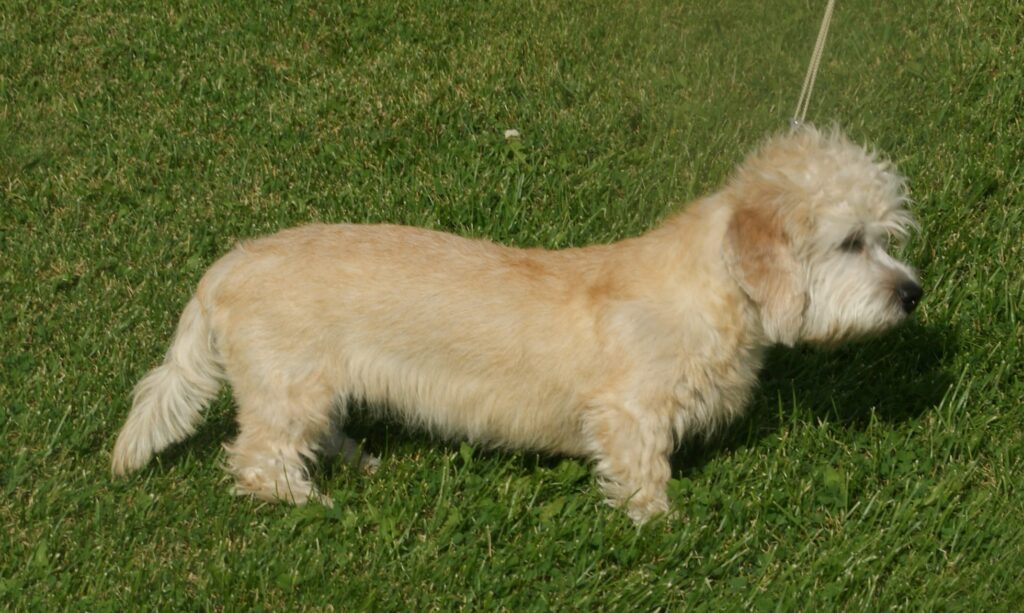
Here’s a fun fact: The Dandie Dinmont Terrier is the one and only dog breed named after a character from a novel—Sir Walter Scott’s Guy Mannering. These small yet sturdy terriers were once famous for hunting otters and badgers. With their fluffy “topknot” of hair and cheerful personality, it’s surprising they aren’t more popular today!
Sussex Spaniel – The Slow but Steady Hunter
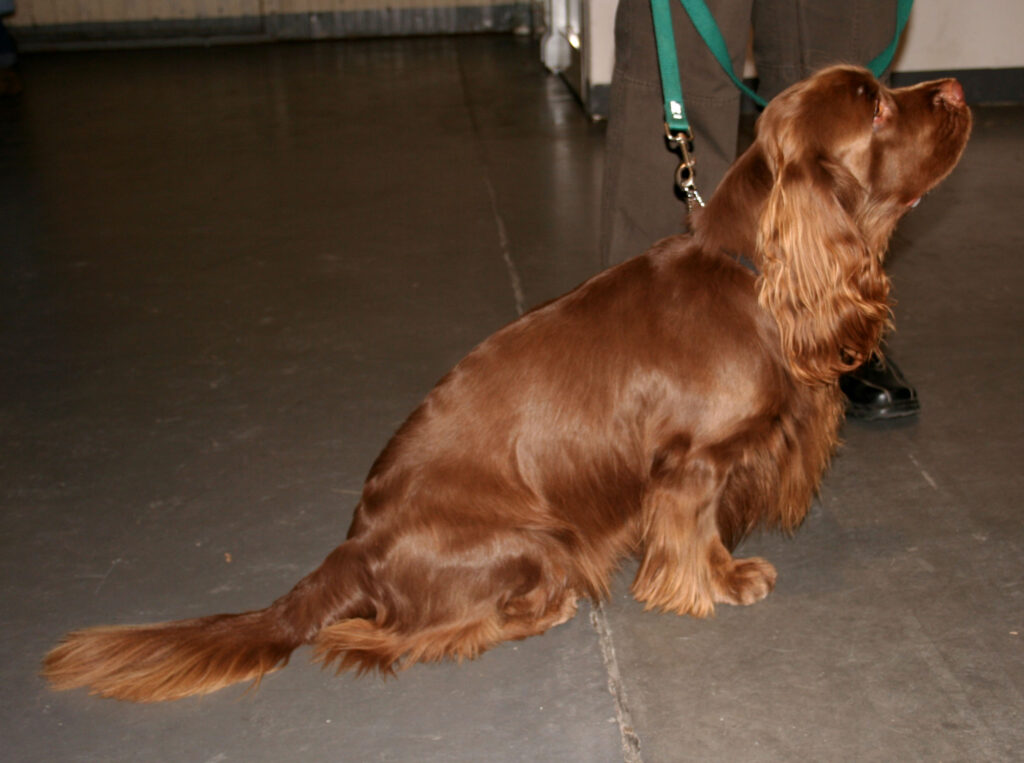
Unlike other energetic spaniels, the Sussex Spaniel has a laid-back personality and a deep, booming bark that once made it a favorite among hunters. Its golden-brown coat and soulful eyes give it a very lovable appearance, but huntingpreferences shifted towards faster breeds, leaving the Sussex Spaniel behind (it’s a perfect dog for your home, though).
Irish Water Spaniel – The Poodle’s Lesser-Known Cousin
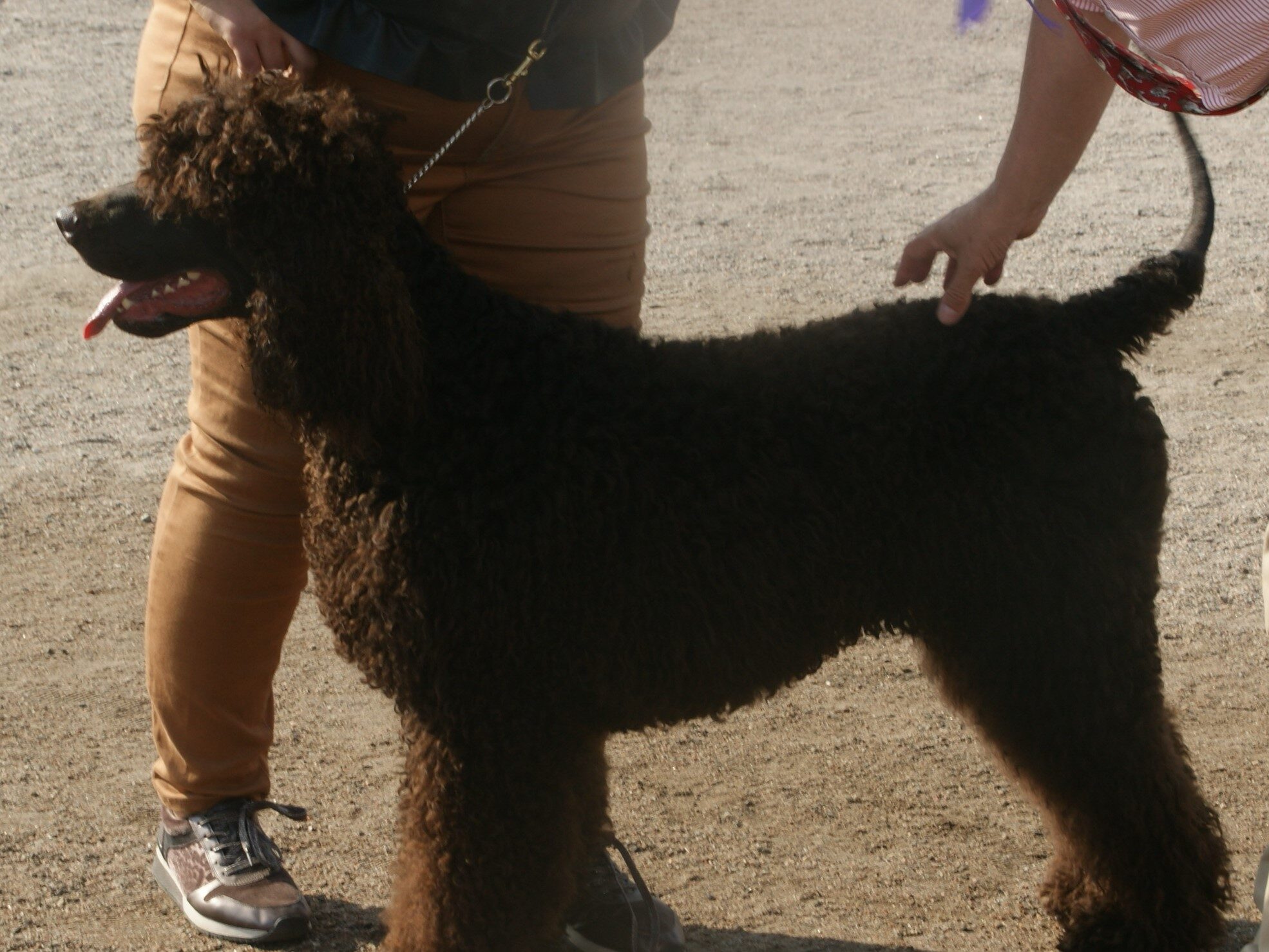
If you’ve ever mistaken this breed for a Poodle, you’re not alone! The Irish Water Spaniel shares the same curly, water-resistant coat, but it was bred to retrieve birds from lakes and rivers. Despite its intelligence and goofy personality, it fell out of favor as Labradors and Golden Retrievers took over the job.
English Foxhound – The Marathon Runner of Dogs
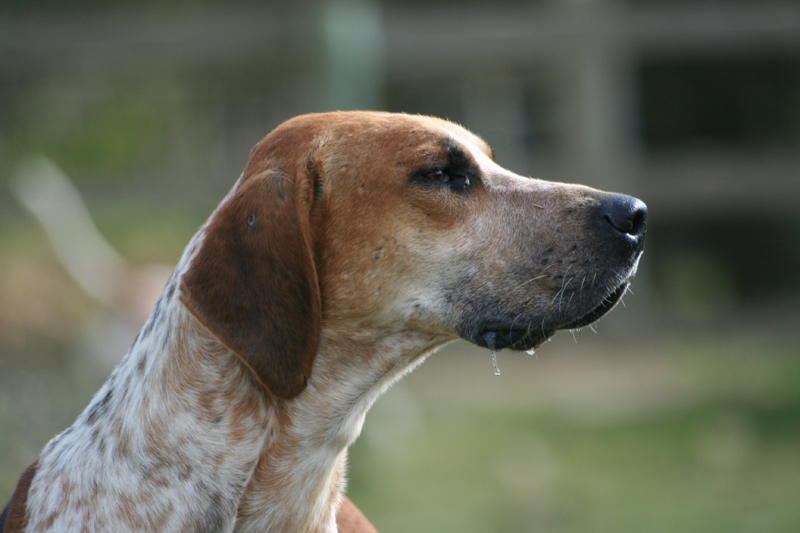
This breed was built for endurance, and it was capable of running for hours during fox hunts in England. In the past, they were essential to large hunting packs. But today, with fox hunting nearly extinct and families preferring smaller, easier-to-train dogs, English Foxhounds are rarely seen outside of specialty breeders.
Glen of Imaal Terrier – The Kitchen Helper That Turned Spits
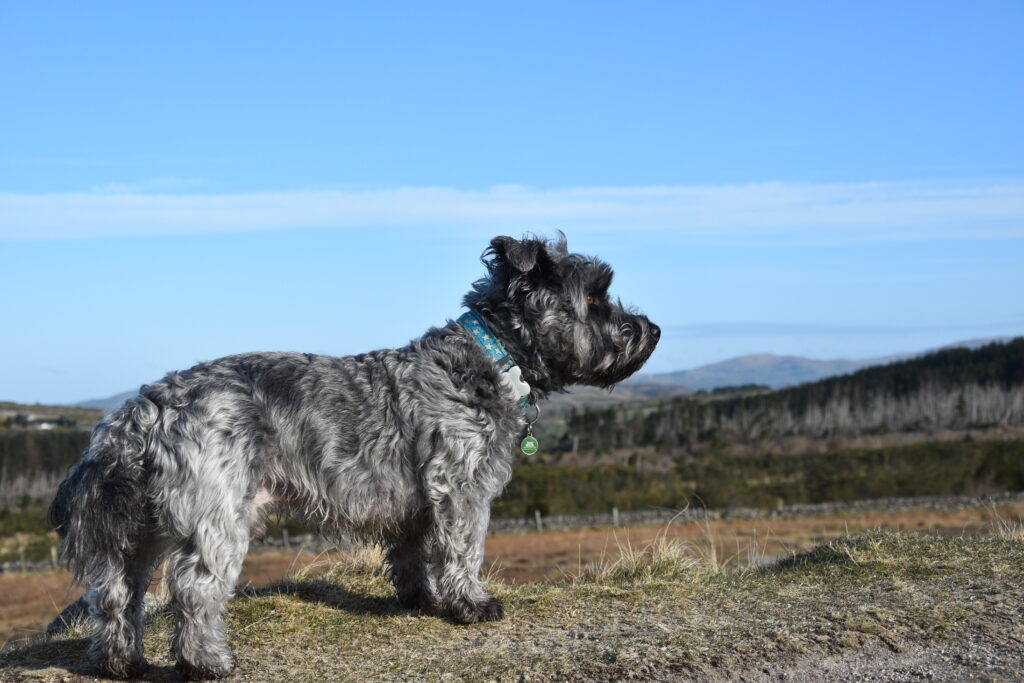
Here’s a weird but true fact: This Irish breed was once used to turn kitchen spits! Their job was to run on a wheel, like a hamster, and keep the meat roasting evenly over the fire. Today, with modern cooking methods (thankfully), their skills aren’t needed, and the breed has become rare outside of Ireland.
Harrier – The Beagle’s Giant Cousin That Never Got Famous
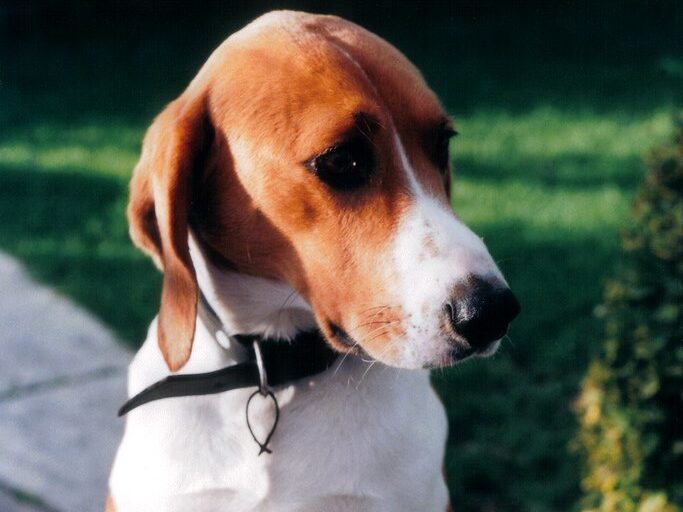
At first glance, the Harrier looks like a larger Beagle, but despite its hunting skills and friendly nature, it never gained the same level of popularity. In the past, they were common among hunters who needed a sturdy dog for chasing game, but modern pet owners often opt for the easier-to-find Beagle instead.
Field Spaniel – A Breed That Almost Bred Itself Into Extinction
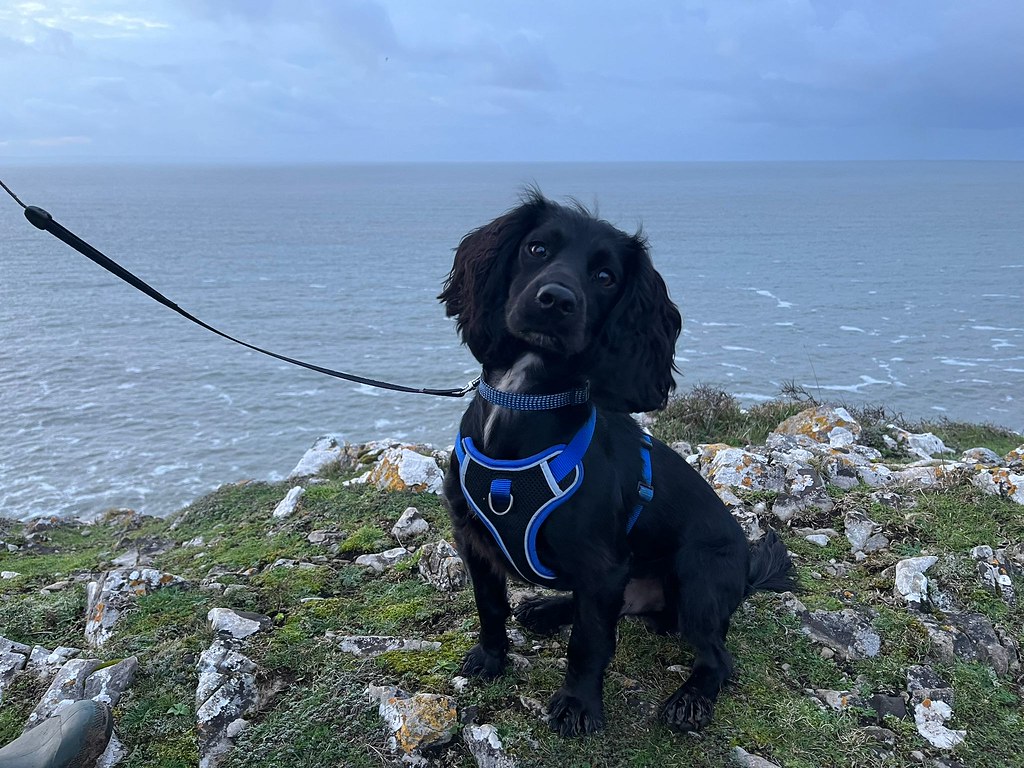
Field Spaniels were once a big deal in the hunting world, but breeders went a little overboard, giving them exaggerated features that led to a bunch of health issues. Things got so bad that the breed nearly vanished. Luckily, some dedicated folks stepped in to save them, but even today, they’re hanging on by a thread.
Clumber Spaniel – The Royal Dog That’s Now a Rarity
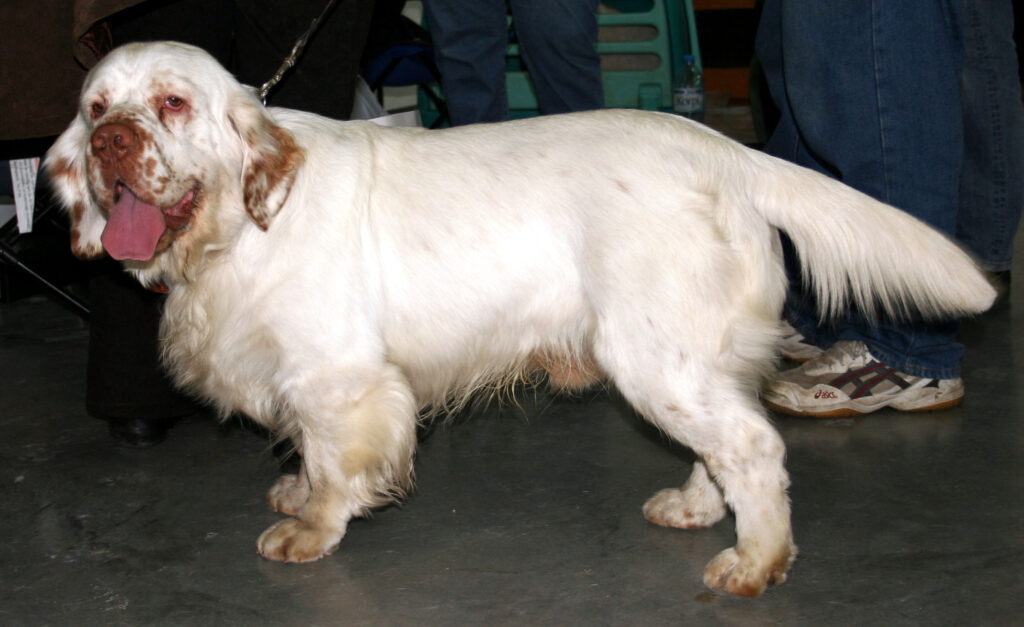
Named after Clumber Park in England, this slow-moving spaniel was a royal favorite back in the day. With its droopy face and fancy coat, it had that posh, aristocratic vibe. But its massive size and endless shedding didn’t exactly scream “perfect family pet.” As a result, its popularity took a nosedive.
American Foxhound – A Revolutionary War-Era Breed That Faded Away
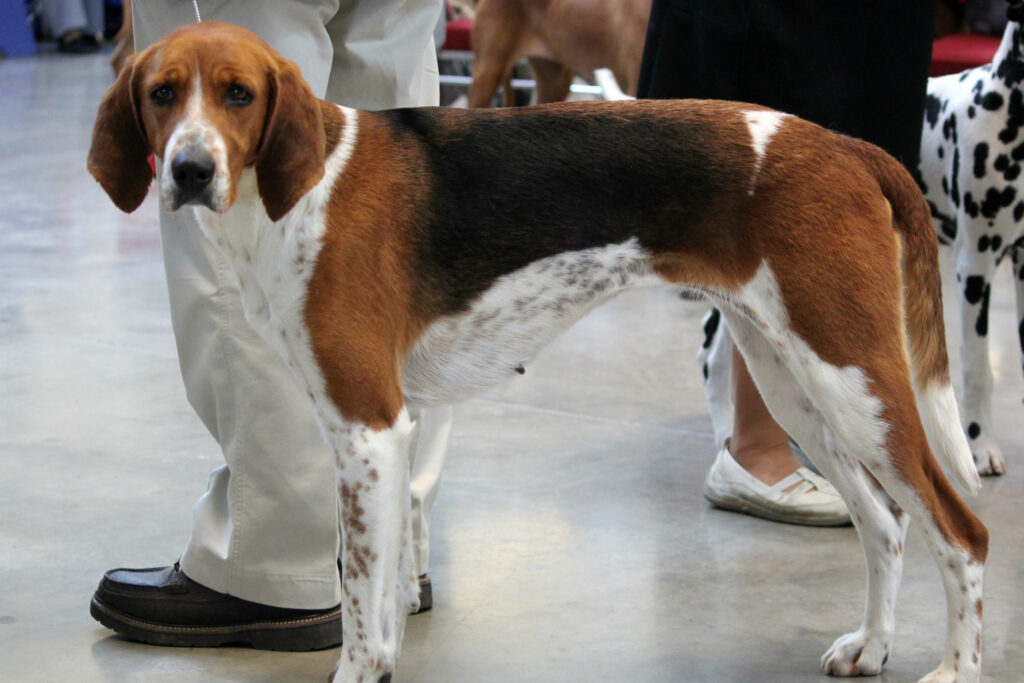
This breed was personally developed by George Washington (yes, really!) to hunt in the vast landscapes of America. Fast, sleek, and independent, American Foxhounds were once prized for their hunting skills. But as hunting declined and people preferred more affectionate, trainable breeds, this historic dog lost its place in everyday life.
Norwegian Lundehund – The Dog With Six Toes and a Flexible Neck
This breed is a true oddity—it has six toes on each foot and can also bend its head backward to touch its spine. Originally bred in Norway to hunt puffins on steep cliffs, the Lundehund lost its job when puffin hunting was banned. With such a specific skill set, it struggled to find a new purpose and remains one of the rarest breeds in the world.
Curly-Coated Retriever – The Retriever That Was Too Independent
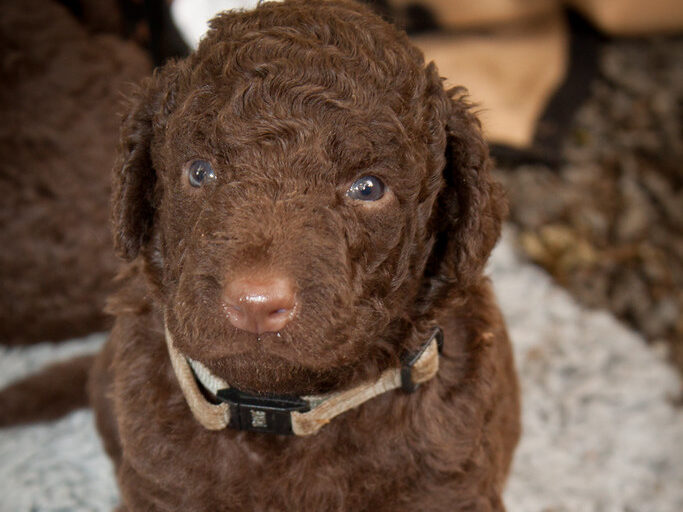
Curly-Coated Retrievers were once top-tier hunting dogs, but their stubborn, independent streak made training a bit of a headache—especially compared to easygoing Labs and Goldens. Over time, people opted for the more obedient breeds, leaving the Curly-Coat in the dust. Despite their smarts and unique curly fur, they’ve become pretty hard to find these days.
Sealyham Terrier – The Small Dog That Used to Be a Hollywood Star
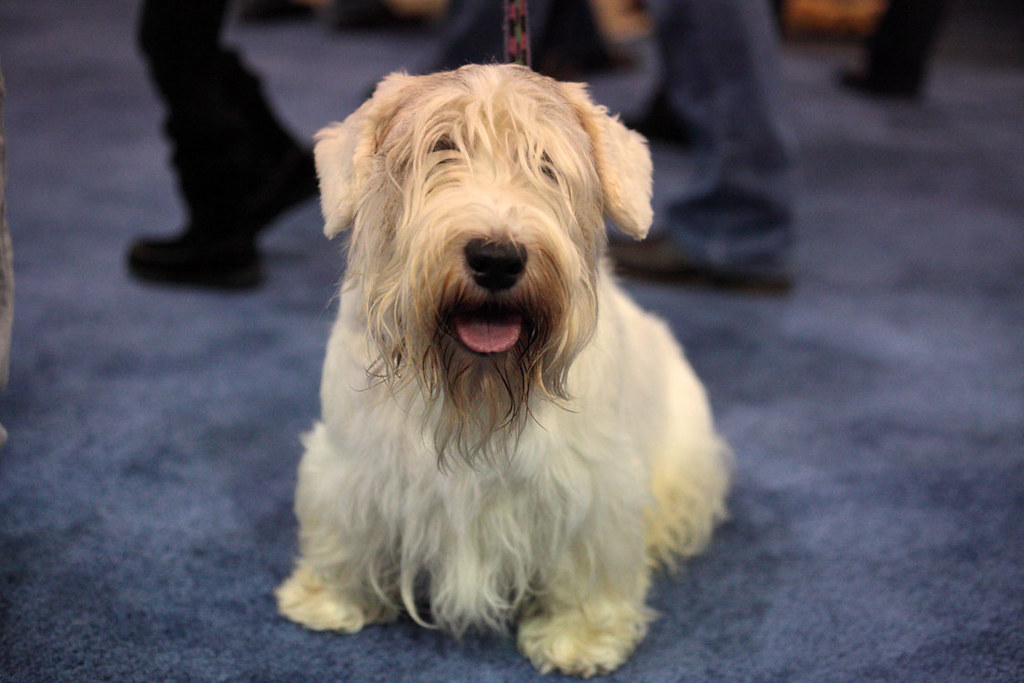
Back in the early 1900s, Sealyham Terriers were the ultimate celebrity dogs—movie stars loved them, and even Alfred Hitchcock had one. But as smaller, low-maintenance breeds became the new favorites, Sealyhams lost their star power. These days, they’re barely in the spotlight, making them one of the rarest terrier breeds you’ll come across.
Belgian Laekenois – The Forgotten Belgian Shepherd
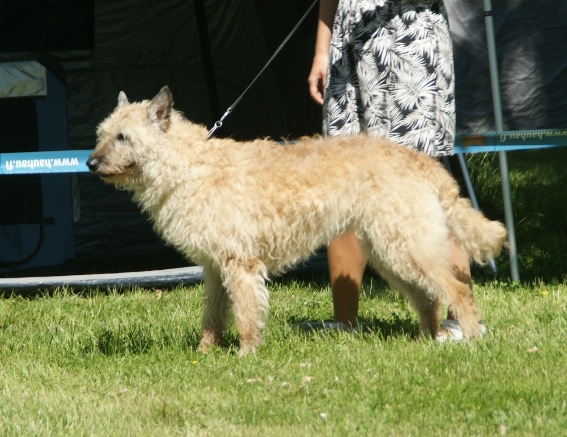
Most people know the Belgian Malinois—it’s the go-to dog for police and military work. But the Laekenois? Not so much. This scruffy, hardworking sheepdog was once a star in the herding world, but its rough, unpolished look and rarity kept it from gaining the same fame as its sleek, more well-known relatives.





